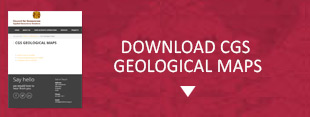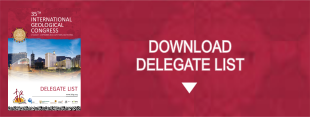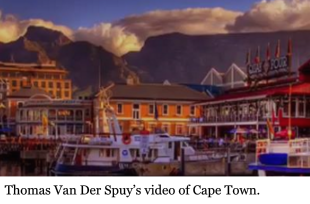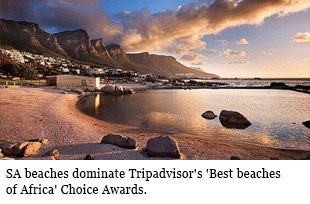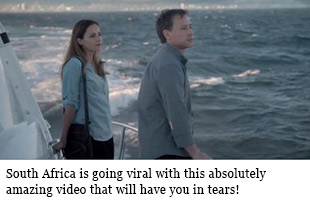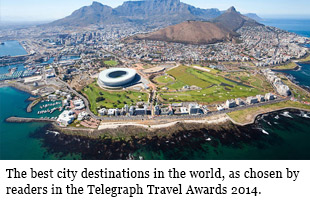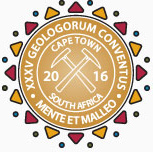
35TH INTERNATIONAL GEOLOGICAL CONGRESS
27 AUGUST - 4 SEPTEMBER 2016 | CAPE TOWN, SOUTH AFRICA
Sponsors
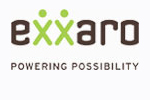


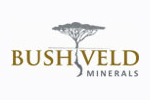

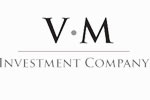
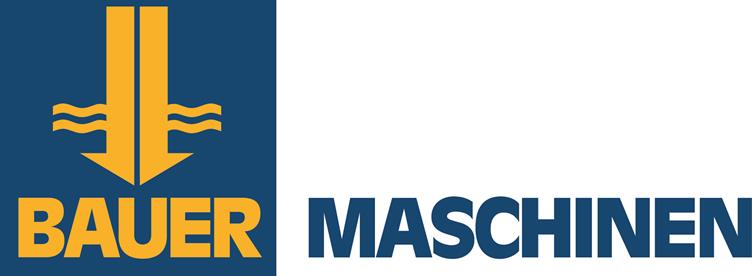








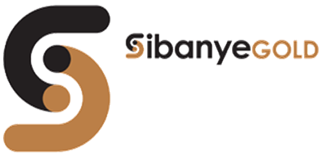
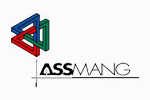
35 IGC SAGPGF




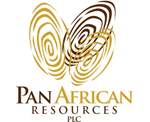
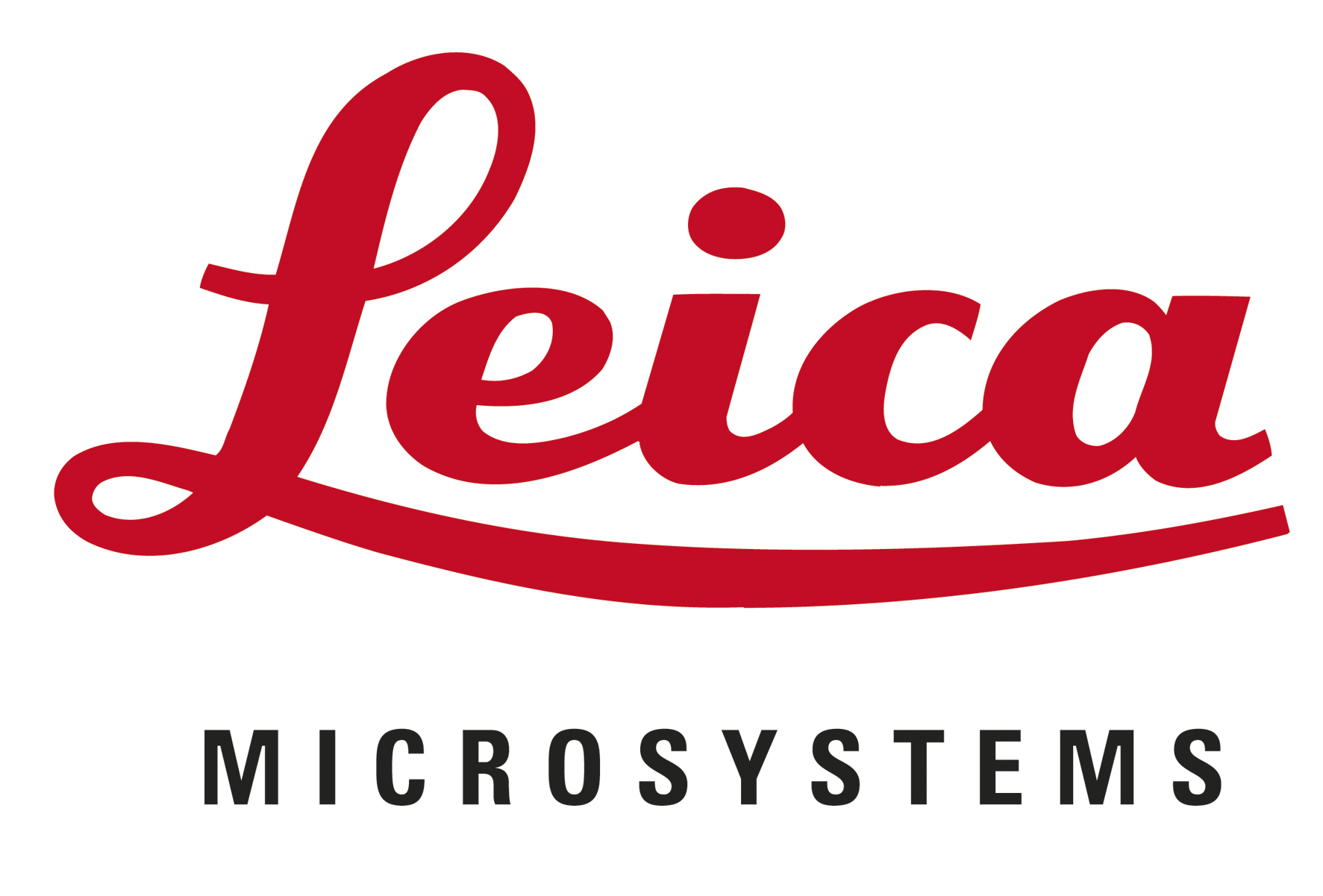
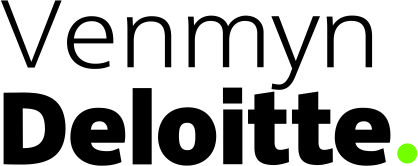
35TH INTERNATIONAL GEOLOGICAL CONGRESS
27 AUGUST - 4 SEPTEMBER 2016 | CAPE TOWN, SOUTH AFRICA
My IGC
How Africa measures up in the geosciences
The African Geological Survey industry is an important progress indicator for the African geoscience society. “These organisations provide valuable information, allowing African countries to assess the size of natural mineral reserves and plan government budgets accordingly,” says Luca Demicheli, Secretary General of EuroGeoSurveys. “The geoscientific knowledge and skills that these surveys offer can be translated into a direct economic benefit,” he adds.
The value and importance of this information gave rise to the establishment of the PanAfGeo initiative – an initiative formed with the sole purpose of broadening and strengthening the geoscientific knowledge and skills available. With its feasibility study concluded, the PanAfGeo project is ready for the official launch that will take place at this year’s IGC, where Demicheli will be the convenor of the PanAfGeo symposium.
“The PanAfGeo feasibility study was the first of its kind, evaluating geoscientific knowledge and skills in African geological surveys”, says Demicheli. “It took place over two years in 25 African countries. We now know where it is more urgent to act, and this is where the PanAfGeo project will operate,” he adds.
“The increasing global demand for raw materials and a volatile market outlines the need for a successful geoscientific initiative of PanAfGeo’s magnitude,” explains Demicheli. The PanAfGeo initiative is a collaboration between the Organisation of African Geological Surveys (OAGS) and EuroGeoSurveys.
The study found several challenges in the industry, namely that 54.9% of the reason for reduced field activities result from insufficient staff training, and that 37.6% of the problem is made up of a lack of advanced equipment. “The study also indicated that geological surveys mainly focus on mineral resources whilst neglecting environmental elements such as natural hazards, groundwater and soils,” continues Demicheli.
“The effectiveness of Geological Survey organisations in Africa have advanced in leaps and bounds over the past years. However, much still needs to be done. PanAfGeo will specifically address the challenge of supporting the development of the OAGS,” says Demicheli.
The opportunities for PanAfGeo to contribute to the involved countries health and wealth are immense. “Essentially, a geologist is the Earth’s doctor. We listen to the Earth. A geologist knows what needs to be done to find and protect groundwater; protect people from landslides, earthquakes or volcanism; and to discover and take advantage of the earth’s resources in a safe and wise manner. Geosciences can really make a difference,” says Demicheli. “PanAfGeo will provide African governments with the opportunity to capitalise on the trainings developed by PanAfGeo and on the geological collaboration among African countries,” he adds.
PanAfGeo focusses on policy, governance and communication. Various technical areas that require immediate action have been identified to which a series of trainings for the staff members will be organised. Training sessions for African geological administrations will focus on: remote sensing and geoscientific mapping; mineral resources assessment; environmental management of mines; artisanal and small-scale mining; geoscience information management; geohazards monitoring; and geoheritage valorization.
Greg Botha, Secretary-General of the 35th IGC and a senior specialist at the Council for Geoscience, adds: “The industry in Africa is also something to get excited about – there is so much potential. The IGC is proud to host the official launch of the PanAfGeo – it demonstrates what can be achieved when international bodies work together and with so many experts from all over the world converging, we look forward to seeing the African geosciences industry taken to new heights”.
 Field trips
Field trips  Sponsorship & expo
Sponsorship & expo  Registration
Registration Tours
Tours  Promotion
Promotion 

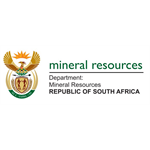












 Conference Programme
Conference Programme  Field trips
Field trips  Sponsorship & expo
Sponsorship & expo  Volunteer
Volunteer  GeoHost
GeoHost  Registration
Registration Tours
Tours  Promotion
Promotion  Publications
Publications


